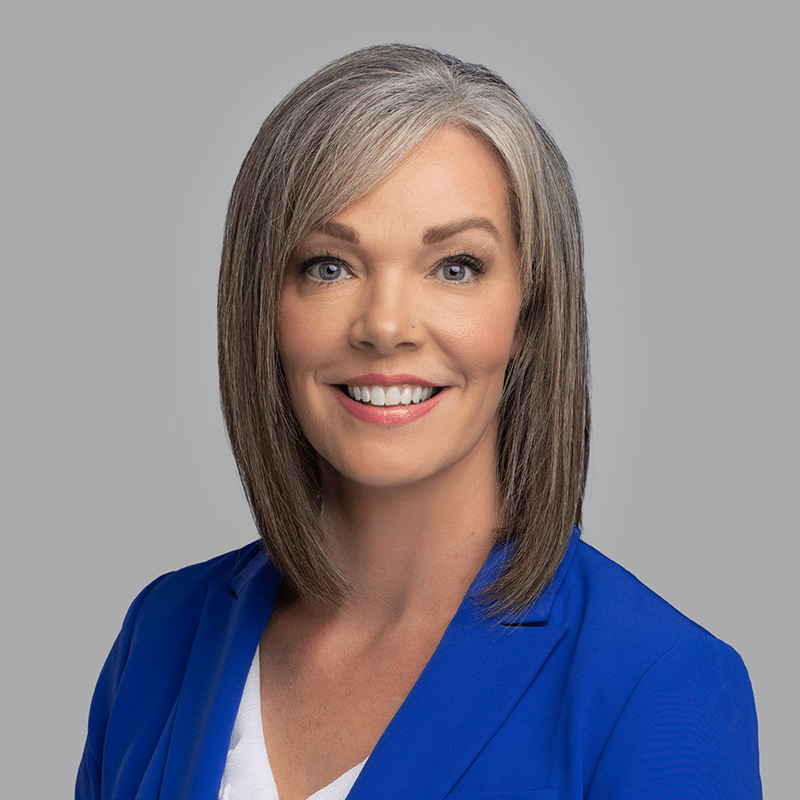
When we put our most precious possessions – our body and health – into the hands of healthcare providers, we have every reason to expect they will conduct themselves with extreme care and live by their credo “first, do no harm.”
Unfortunately, surgical and medical errors happen, and they can cause patients injury, disability, or even death. One recent study found that one in 18 people admitted to Canadian hospitals each year – 138,000 patients – experienced a harmful event that was potentially preventable. Of those patients, 30,000 faced more than one preventable harmful event. Some statistics suggest these hospital errors may be the third leading cause of avoidable death. These errors are sometimes referred-to as “never events” by patient advocates, referring to “incidents that result in serious patient harm or death… that can be prevented by using organizational checks and balances”.
In this blog post, I review some common surgical and medical errors, outline reasons why these errors may occur, and list some ways you can become an active and involved member of your own medical team to help reduce your risk of experiencing a “never event.”
Surgical and Medical Errors
When performing a surgical procedure, a medical team must follow certain established policies and protocols and adhere to checklists to ensure the correct patient receives the correct procedure with precision. The World Health Organization has outlined 10 aspects of a universal protocol to minimize surgical errors:
- Operating on the correct patient at the correct site;
- Using methods known to prevent harm when administering anaesthetics, while also protecting the patient from pain;
- Recognizing and effectively preparing for life threatening loss of respiratory ability;
- Recognizing and effectively preparing for the possibility of high blood loss;
- Avoiding inducing allergic reactions or adverse drug reactions;
- Consistently using methods designed to minimize infection risk at the surgery site;
- Ensuring instruments and sponges are not left in surgical wounds;
- Securing and accurately identifying all surgical specimens;
- Effectively communicating and exchanging critical information during the operation;
- Establishing routine surveillance of surgical capacity, volume and results.
Despite the existence of these protocols, errors still occur. These range from the extreme and rare (surgery on the wrong patient or wrong body part) to more frequent but still serious incidents (infection due to poor hygiene, surgical instruments left inside the body, nerve damage, internal bleeding, scarring, disfigurement or need for additional corrective surgeries).
Many factors, including fatigued medical staff, miscommunication, inattentiveness or haste, can contribute to surgical errors.
While complications from surgical errors are a frequent concern for patients, errors can also occur in more routine aspects of hospital stays. A staff member may administer the wrong medications, a doctor may misdiagnose a condition, or a never event can occur.
How We Can Help Prevent Errors and “Never Events”
The Canadian Patient Safety Institute (CPSI) suggests “never events” are a call-to-action. Some of that action must come from medical practitioners and institutions themselves. The CPSI explains that developing an organizational culture where errors are openly reported and disclosed will lead to improved quality and minimizing the potential for amplifying mistakes that occur.
However, hospital patients (and their loved ones) can also support this work and better protect their own health by being actively involved in their treatment decisions.
Some ways patients can help to combat medical and surgical errors include:
- bringing all medications (including over-the-counter and natural or naturopathic medicines), vitamins and supplements (or at least a list of them) to their appointments. If prescribed new medications or following a surgery, patients should ask healthcare providers if they should continue taking all medicines;
- advising healthcare providers of any known allergic reactions;
- ensuring any prescription written is legible;
- repeating back instructions the doctor gives in simple language to ensure the patient understands and always asking for clarification if there is uncertainty;
- when at a hospital asking all healthcare providers if they have washed their hands before they touch a patient. This may seem intrusive, but many serious hospital acquired infections are preventable with good sanitary practices;
- when possible, opting to have surgeries at hospitals or with surgeons who have a lot of experience with specific conditions;
- having a loved one present during consultations with a medical team when possible.
It is essential that patients never hesitate to ask questions. One’s health is too important for there to be any unconfirmed assumptions.
When a “Never Event” Happens
If you or a loved one has experienced a medical or surgical error that has resulted in injury, disability or even death, the experienced and knowledgeable personal injury lawyers at Howie, Sacks & Henry are here to listen, discuss your options and answer questions about what type of compensation you may be eligible to receive for the damages you suffered.
For more information about medical malpractice or to speak about a serious injury you or a loved one experienced at the hands of a medical professional, please contact medical malpractice lawyer Meghan M. Hull Jacquin at 416-420-7987 or mhull@hshlawyers.com.






